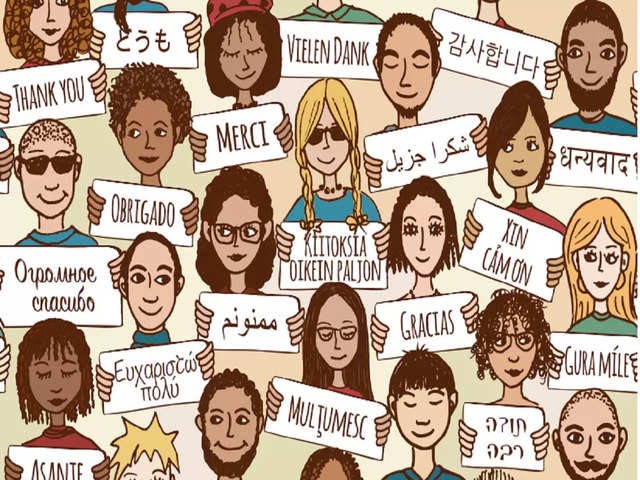Description

Disclaimer: Copyright infringement not intended.
Context
- The Indian Council for Cultural Relations (ICCR) has envisaged a special project called ‘The Language Friendship Bridge’, which plans to train five to 10 people in the official languages of Myanmar, Sri Lanka, Uzbekistan, Indonesia.
Details
Need
- In India, the focus till now has been on learning European languages such as Spanish, French and German, along with the languages of major Asian economies such as China and Japan.
- Though a number of universities and institutes offer courses in these languages, only a handful teach any of the 10 languages on the ICCR list.
- India requires translators, interpreters and teachers in the languages of these countries with which it shares a cultural history.
- The idea is to enable India to translate its epics and classics, as well as contemporary literature, into these languages so that people can read them.
Aim
- To expand its cultural footprint in nations with which it has historical ties.
- To facilitate better people-to-people exchanges.
Languages
- As of now, the ICCR has zeroed in on 10 languages: Kazakh, Uzbek, Bhutanese, Ghoti (spoken in Tibet), Burmese, Khmer (spoken in Cambodia), Thai, Sinhalese and Bahasa (spoken in both Indonesia and Malaysia).
- Experts also feel that the ICCR’s list of languages needs to be expanded, with India seeing a boom in cultural and economic ties with other neighbouring countries as well.

How will it be done?
- There are two possibilities.
- One is to start tie-ups wherein teachers from these countries come and teach courses in India.
- The second approach is the ICCR offering scholarships to Indian students to go and study these languages in the countries where they are spoken.
- Language experts feel that the second option is the better one as a proper cultural environment is needed to learn a language in its entirety.
About ICCR
- The Indian Council for Cultural Relations (ICCR), is an autonomous organisation of the Government of India, involved in India's global cultural relations, through cultural exchange with other countries and their people.
- It was founded on 9 April 1950 by Maulana Abul Kalam Azad, the first Education Minister of independent India.
- The ICCR Headquarter is situated at Azad Bhavan, New Delhi, with regional offices.
- The council also operates missions internationally.
Activities
- The Council addresses its mandate of cultural diplomacy through a broad range of activities.
- In addition to organising cultural festivals in India and overseas, the ICCR financially supports a number of cultural institutions across India, and sponsors individual performers in dance, music, photography, theatre, and the visual arts.
- It also administers the Jawaharlal Nehru Award for International Understanding, established by the Government of India in 1965, whose last award was in 2009.
|
PRACTICE QUESTION
Q) India has taken a number of initiatives to expand its cultural footprint in nations with which it has historical ties. Justify. (250 words)
|

https://epaper.thehindu.com/ccidist-ws/th/th_delhi/issues/31928/OPS/G5OB3F32G.1+GV1B3G3N7.1.html













